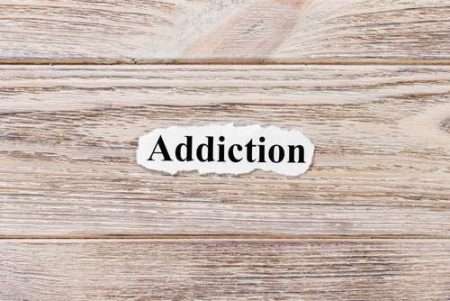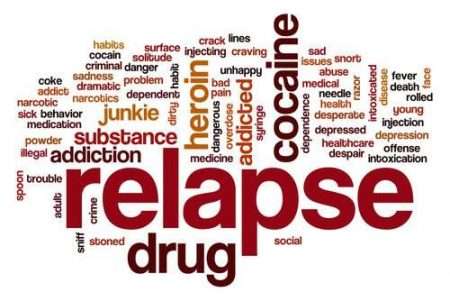While anyone can develop an addiction under the right circumstances, some people are more vulnerable to developing an addiction for several different reasons.
Addiction Resources
Do Cold Showers Help You Sober Up?
Hof believes cold water exposure has many benefits including improved immune system, better sleep, and less anxiety and depression. Can cold showers help you overcome addiction? Here are some benefits most directly related to addiction.
How to Accept Yourself
Acceptance is a big part of moving past addiction or any personal challenge. Acceptance means accepting reality as it is, including accepting yourself as you are. If you don’t start with acceptance, everything else is harder because you see the world as you would like it to be instead of how it is. Learn more now.
3 Ways to Improve Your Self-awareness
Self-awareness is an important skill for overcoming addiction and staying in recovery. Without some level of self-awareness, no personal growth is possible, especially when it comes to addiction. Click here to learn more now.
How Emotional Intelligence Can Help You Overcome Addiction
Emotional intelligence has five parts: self-awareness, self-regulation, motivation, compassion, and social skills. All of these are important to some degree in recovering from addiction. Click here to learn more now.
How to Start Your Mornings in Recovery
Having a healthy routine makes recovery easier. This begins with a good morning routine to get you up and going. Here are some things to consider to start the day right. Click here to learn more now.
Black Mamba Drug Addiction and Side Effects
Black Mamba, also known as the zombie drug, is a man-made drug of altering chemicals that are sprayed on dried, shredded plant material to be smoked or sold as liquids to be vaporized and inhaled in e-cigarettes. Black Mamba is more powerful than marijuana and cause dangerous consequences if not treated.
Celebrations and Mental Health
Valentine’s day is here and the holiday comes with a grim connotation. If you are not wildly, madly in love during the month of February, you are essentially doomed to devastating loneliness
What Happens After Residential Inpatient Treatment
When your time at inpatient rehabilitation ends, the beginning of a new life begins where you will have to continue working on your recovery. After 28-60 days of inpatient rehab treatment, you will be out in the “real world” with your friends and family on your journey to recovery. Click here to learn more now.
FAQ on Problem Gambling
Gambling is a growing problem in the UK and other areas of the EU. As gambling machines become as popular as candy machines in local shoppes, it is important to understand when a gambling habit becomes a gambling problem. Gambling addiction is a recognized mental illness for which treatment is available. Learn more.
Mental Health and Pets
Pets can encourage their owners to get some fresh air by going out for a walk to get exercise which helps for those with depression. Doing simple tasks like stroking your pet, playing with your pet, or just sitting down with your pet on the bed or the couch can help you feel calm and relax your mind. Learn more.
Why Relapse Happens Before the First Drink
You might hear in recovery “relapse happens before the first drink”. Relapse happening before the first drink refers to the headspace which is created before taking the first drink










